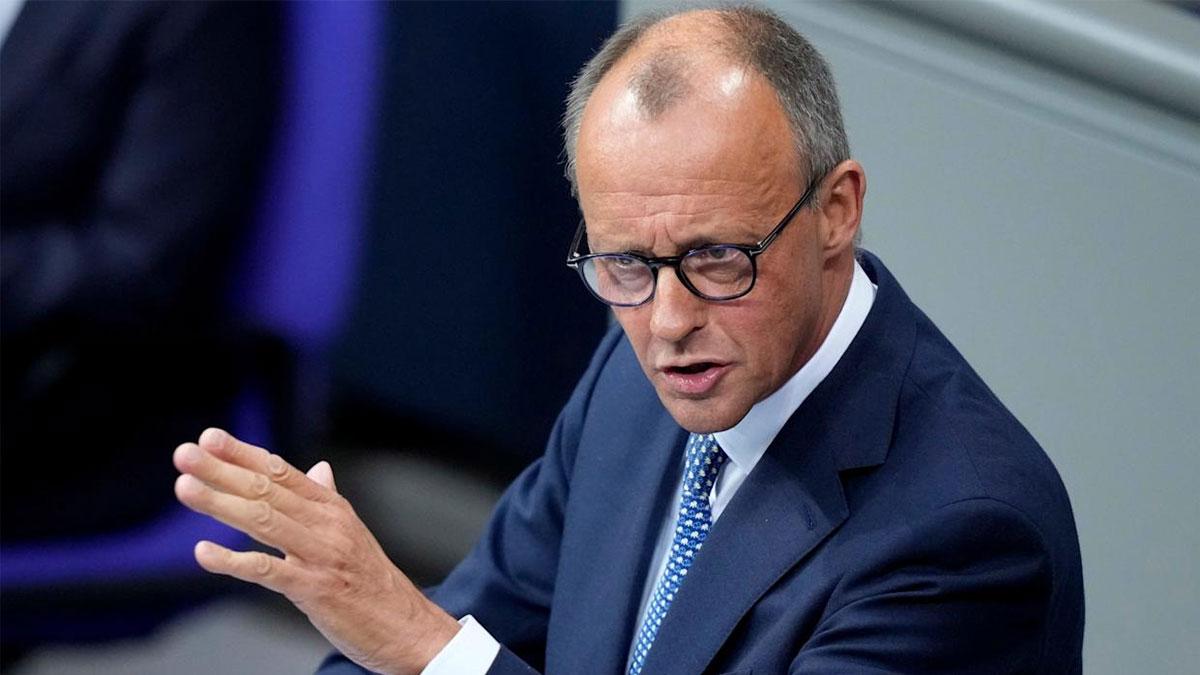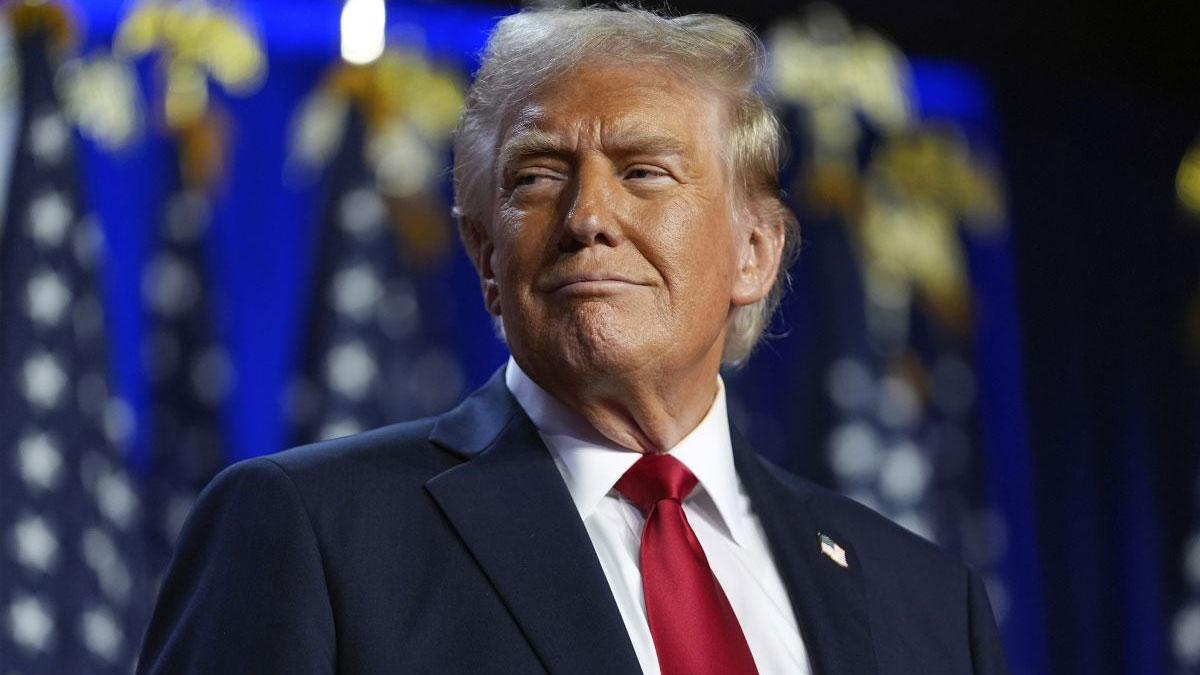Friedrich Merz will be Germany's new chancellor after winning the Bundestag vote on Tuesday afternoon, after suffering a humiliating first defeat that caused political shockwaves in Berlin.
The conservative leader, shaken by his defeat in his bid to be chancellor in the first round, managed to muster 325 votes in the cliffhanger second round, enough to win by more than 316.
The moment the outcome was announced, Merz seemed visibly relieved.
"Thank you, Madam President, for putting faith in me and I do accept the election," Merz told Bundestag President Julia Klöckner, as right-wing party members stormed in applause. Scholz, who will become Chancellor, greeted Merz's handshake as soon as he was announced.
Now, at 69, Merz inherits a weak coalition of his conservative bloc and the center-left Social Democratic Party (SPD). This will boast one of the slimmest post-World War II parliamentary majorities, a mere 52 percent of seats.
The earlier incidents in the day pointed to Merz's vulnerability as he sets out for his chancellorship. Earlier, no serving German chancellor had ever lost a Bundestag vote following a coalition victory in a deal. Polls stated that Merz's popularity ratings plunged in free fall after his February 23 election win, and his right-wing party declined in popularity.
The rapid second vote was facilitated after four groups, the Greens and the Left being among them, decided to bypass time-consuming processes, getting the parliament back in hours from the dramatic defeat.
Parliamentarians blamed Merz's initial loss on stifling opposition within the coalition, which emerged during the secret vote.
"There had to be some critics on both sides, more perhaps on one side than the other," said Serap Güler, a veteran legislator from Merz's conservative faction. "I hope that in these final hours, our colleagues managed to take stock, because this is not an issue of ego sensitivity, this is an issue of the future of our country."
Ultra-right Alternative for Germany (AfD), which turned out to be the strongest opposition party following its second-place ranking in the national elections of February 23, denounced Merz before his initial defeat.
It's a historic defeat, the kind never before in this Bundestag," parliamentary group leader Bernd Baumann of the AfD said ahead of the second vote. "Your own legislators are not with you, and it's not surprising," he went on to say, addressing Merz, accusing him of "dashed election promises.".
Increasing disintegration of centrist parties in Germany translates to political shocks like Tuesday's one will become ordinary in the country's previously stable political universe.
"Here are days of eroding confidence, not only to make foundational political choices, but also in having majorities," German public television cited political scientist Karl-Rudolf Korte as declaring.
Merz entered politics in 1989 as a member of the European Parliament. He left politics following an ideological rift with Angela Merkel, who was more centrist, in the early 2000s and went back to the private sector for ten years. He stepped back into politics in 2018 when Merkel stepped down as party leader.
Read also| Trump's Budget Cuts Impact USPS Operations and Mail Deliveries
Read also| Prince Harry to Press UK Minister on Security Rights After Court Defeat


















